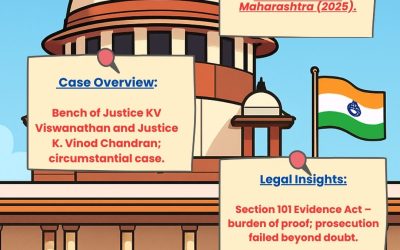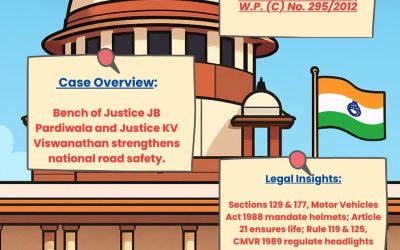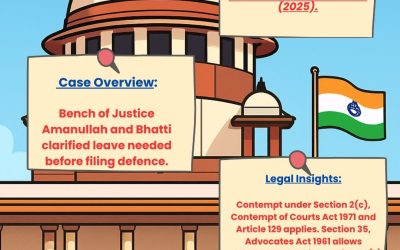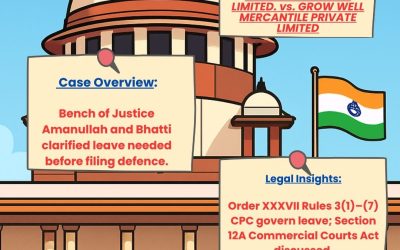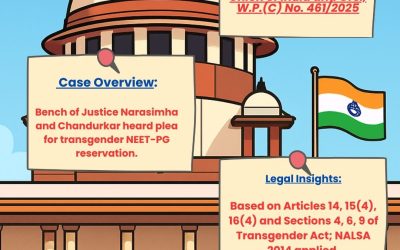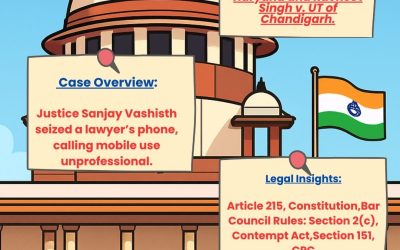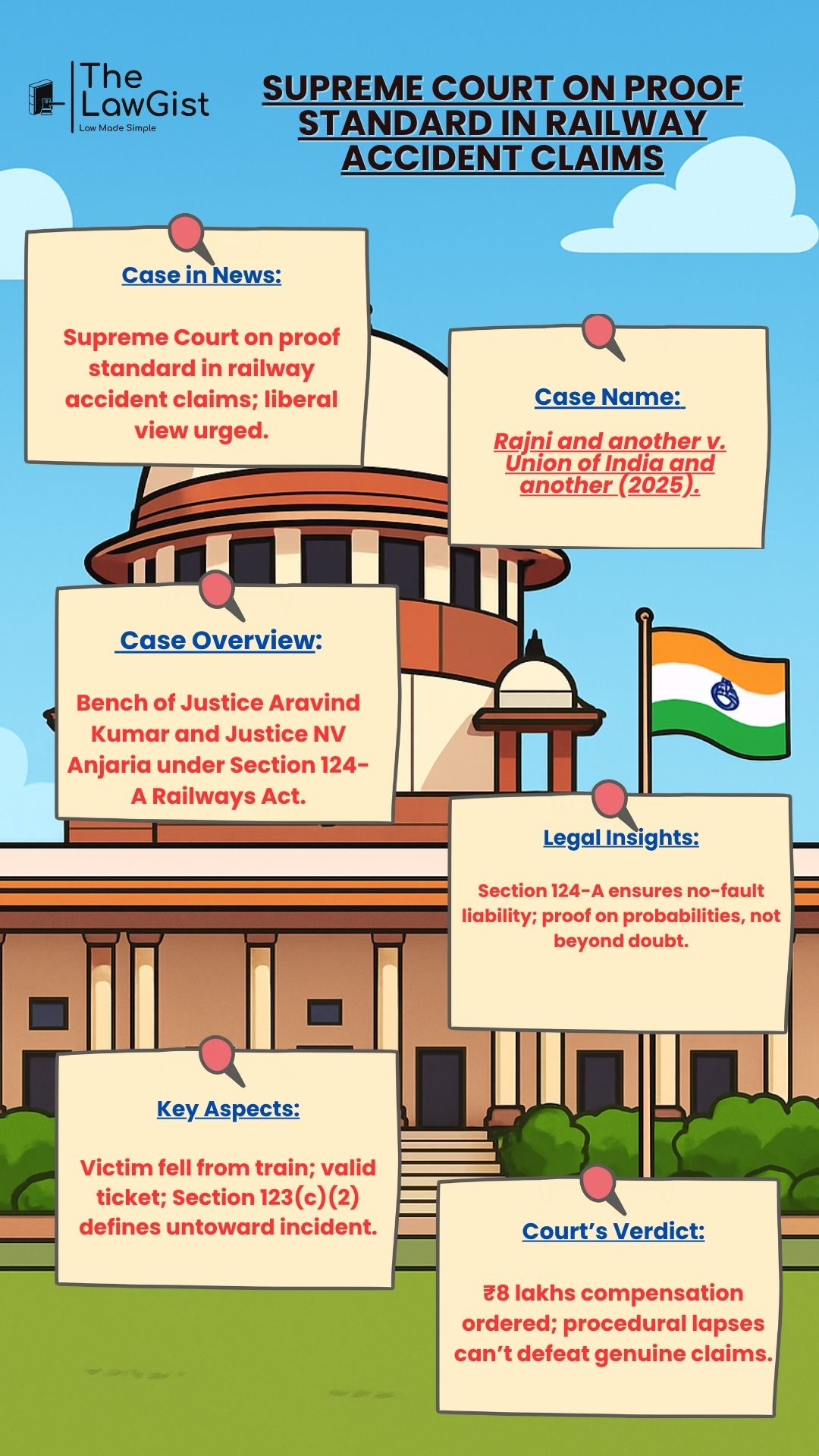
Supreme Court clarified that claims under Section 124-A of the Railways Act must rely on probabilities, not criminal standards, ensuring genuine victims aren’t denied compensation due to technicalities.
Case in NewsThe Supreme Court on proof standard in railway accident claims ruled that compensation under Section 124A of the Railways Act must not be denied due to procedural lapses or technicalities . |
Discover powerful Latin Maxims and simplify complex legal terms in seconds.
Case Overview
Case Name: Rajni and another vs. Union of India and another
A Bench of Justice Aravind Kumar and Justice NV Anjaria of the Supreme Court of India clarified that proceedings under Section 124-A of the Railways Act, 1989 are not criminal trials demanding proof beyond reasonable doubt . The case arose from the death of Sanjesh Kumar Yagnik, who accidentally fell from a moving train in 2017 . While the Railway Claims Tribunal and the High Court rejected the family’s claim due to non-recovery of the ticket, the Supreme Court allowed the appeal and granted compensation .
Step into the world of justice with Courtroom Chronicles
Key Aspects
Before deciding the matter, the Court emphasized that the purpose of the Railways Act, 1989 is to provide social welfare relief to victims of railway accidents and not to impose strict procedural burdens . The foundational facts of ticket possession and accidental fall are sufficient to claim relief under Section 124-A .
- The deceased bought a valid ticket from Indore to Ujjain on 19 May 2017 .
- He was pushed from the moving Ranthambore Express suffering fatal head injuries .
- The claim for ₹12,00,000 was rejected for lack of seizure memo and missing ticket .
- Both Tribunal and High Court accepted the fall as an “untoward incident” under Section 123(c)(2) but denied compensation .
Legal Insights
The Court discussed the statutory framework under Chapter XIII of the Railways Act, 1989, which governs compensation for “untoward incidents.”
- Section 123(c)(2) defines an untoward incident to include accidental falls from trains .
- Section 124-A provides for no-fault liability—compensation is payable even without negligence .
- Proof required is based on preponderance of probabilities, not the criminal standard of proof beyond reasonable doubt .
- The Court relied on precedents like Doli Rani Saha vs. Union of India (2024) and Kamukayi vs. Union of India (2023) holding that absence of a ticket does not negate bona fide passenger status .
- The Bench held that procedural defects such as missing seizure memo or non-examination of officers cannot defeat a legitimate welfare claim .
Court’s Verdict
The Supreme Court set aside the Tribunal and High Court rulings and directed the Railway Administration to pay ₹8,00,000 to the widow and minor child within eight weeks failing which interest at 6% per annum would apply . The Court directed all tribunals and High Courts to adopt a liberal, welfare-oriented interpretation of Section 124-A of the Railways Act in future cases .
Source – Supreme Court of India
Read also – Appeal
The LawGist ensures exam success with quality notes—TPL, Current Affairs, Recent Judgments, and more. Backed by trusted resources and videos, The LawGist is every aspirant’s first choice. Discover more at thelawgist.org.


